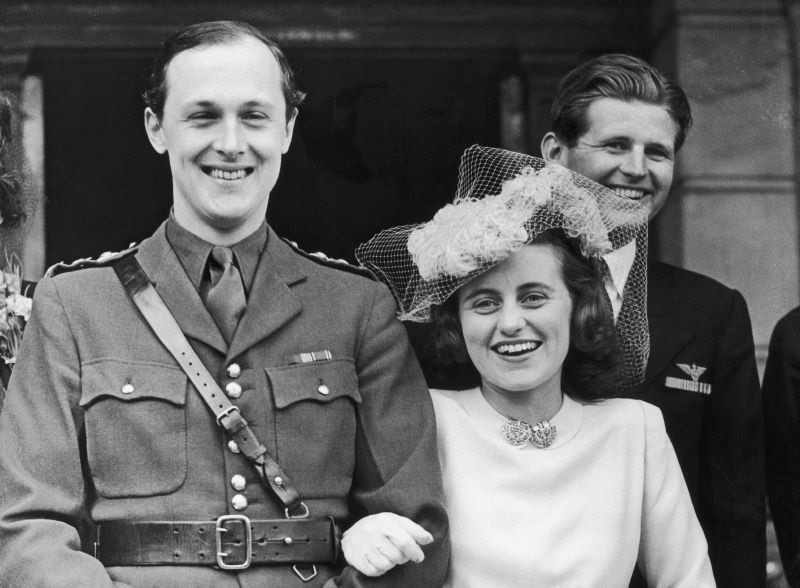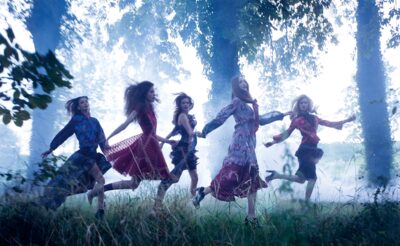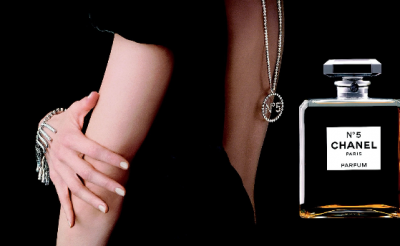It has been 53 years since John F. Kennedy’s (JFK) assassination and 68 years since the death of his younger sister. Yet biographers continue to rabidly delve into the Kennedy family mystery. They were and continue to be the most affluent and influential clan in American history, yet plagued by personal tragedy. One of the earliest was the death of Kathleen ‘Kick’ Kennedy, JFK’s younger sister, in a plane crash at the age of 28.
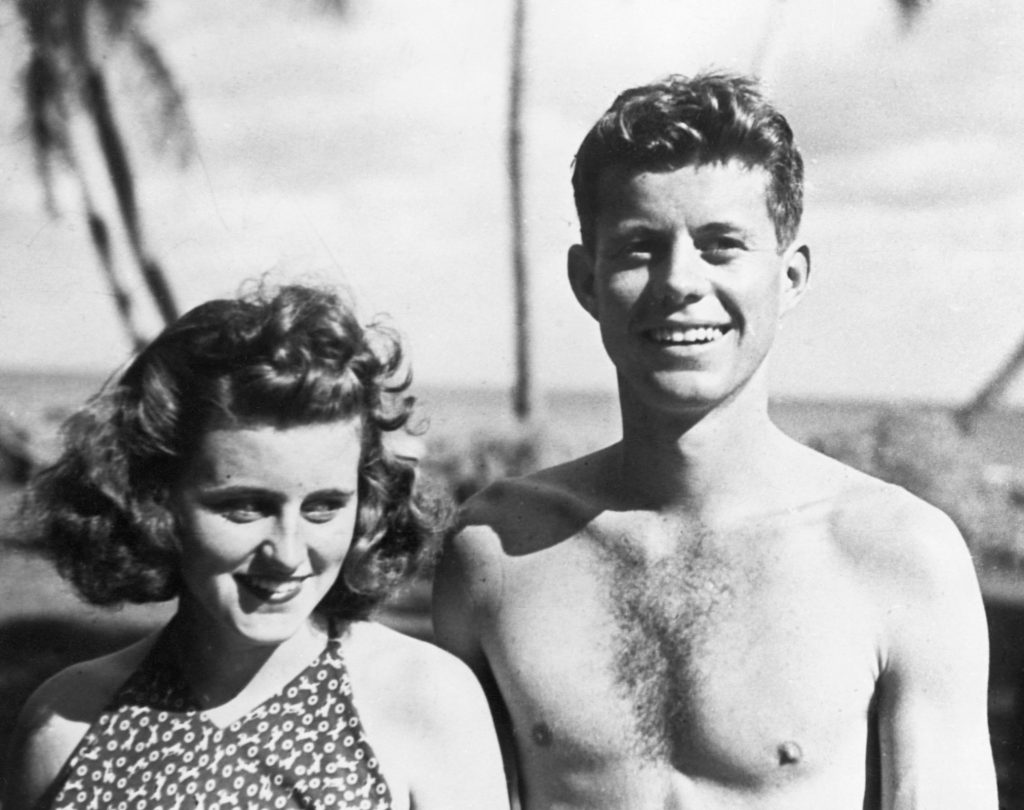
Kick and JFK were noticeably similar. As one of JFK’s many girlfriends said: “He looked like her twin”.
Paula Byrne, the author of Mad World: Evelyn Waugh and the Secrets of Brideshead (2009), is noticeably smitten with the subject of her latest release, Kick. She’s subsequently too invested for the usual considerations of objectivity one would expect from an accurate historical chronicle. She does, however, assert early on that rather than a biography, Kick serves as “the true story of Kick Kennedy, JFK’s forgotten sister”.
There’s no escaping that at times her release reads like a fictional tragedy. “Kick felt as if she was in another world as she gazed at the rows of snow-capped pines and the enormous fairytale hotel nestling under the Swiss Alps, which loomed over the tiny village of Gstaad,” she extravagantly writes. Byrne’s story telling is undeniably irresistible and fascinating, as well as seductive, but Kick’s life, thereupon, is diluted. Perhaps it’s to be expected, considering that part of the Kennedys’ charm lies in their elusiveness.
Nonetheless, it’s a shame. Kick’s life and personality was engaging enough without Byrne’s dramatic flair, and there’s a frustrating lack of historical perspective. For example, the author fails to detail the devastating impact of the family’s darkest secret: Kick’s older sister Rosemary, who was brain-damaged from birth and eventually subjected to a botched lobotomy. In another instance, while Byrne acknowledges Joe Kennedy Sr.’s many affairs, she ironically refers to the Kennedys as “the ideal Catholic family”.
Thankfully Kick is not, as the cover would suggest, a fraternal portrait of JFK, who hovers in the wings throughout. Nor is it an Anglo-American romance novel, although her love affair with and eventual marriage to William ‘Billy’ Cavendish, one of England’s richest and most powerful bachelors, is intimately documented. It is, instead, a heart-rendering story about a vibrant and charming young woman, who endured her own family’s wrath in a bid to choose her own husband, only to succumb to a premature death.

The couple were heirs to the Duke of Devonshire and the Chatsworth estate, one of the grandest houses in Britain.
Not unlike her illustrious brothers, Kick was very interested in politics, and battled with her family – as well as society – on traditional views about a woman’s responsibilities. Confident, yet impressionable, she was domineered by her mother while trying to find herself in Britain’s baffling and impenetrable high society. The latter is described in overwhelming detail. While insightful, Byrne spends too much time focussing on the infectious revelry that dominated London’s blue-blooded hideouts of the time, including the infamous Gargoyle Club and Café de Paris.
“Kick’s story was utterly fascinating and tragic. She felt to me like a heroine from the novels of Henry James: this was a new-world-meets-old-world story,” reveals Byrne. “How she and Billy might have been part of a new political era in the aftermath of the Second World War can only be imagined, especially when her brother JFK became President.”
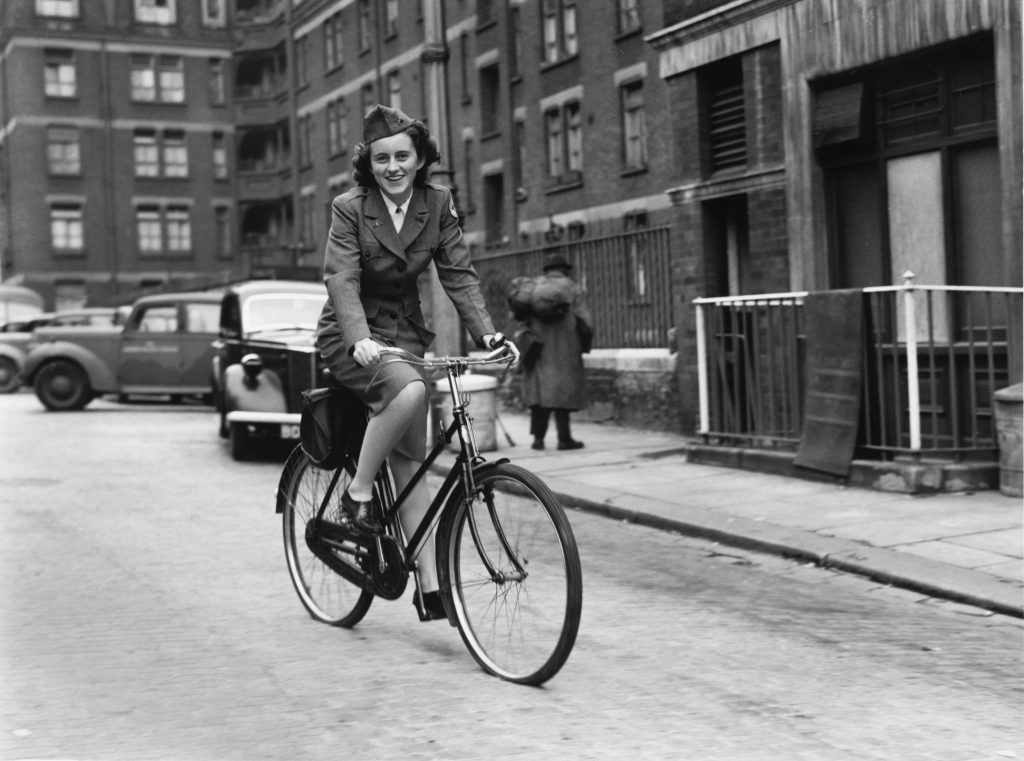
Kick in London in 1943. She died in a plane crash in 1948. Her father was the only family member to attend her funeral.
Byrne recounts the end of Kick’s life with deliberate poignancy and it’s extremely impactful. First, her beloved older brother Joe Jr., died in a plane crash while serving as a US army pilot. Secondly, in 1944, her then-husband Billy was shot through the heart in France. After the war, Kick was beginning to adapt to her new life as a widow when she was unexpectedly killed in a plane crash.
Out of his nine children, Kick was reportedly her father’s favourite. Joe Sr. once said: “All my ducks are swans … but Kick was especially special.” In 1948, the year of her death, she was estranged from her mother and siblings, having married Billy against their wishes. Joe Sr. was the only family member to attend her funeral, during which she was laid to rest, aged 28.
